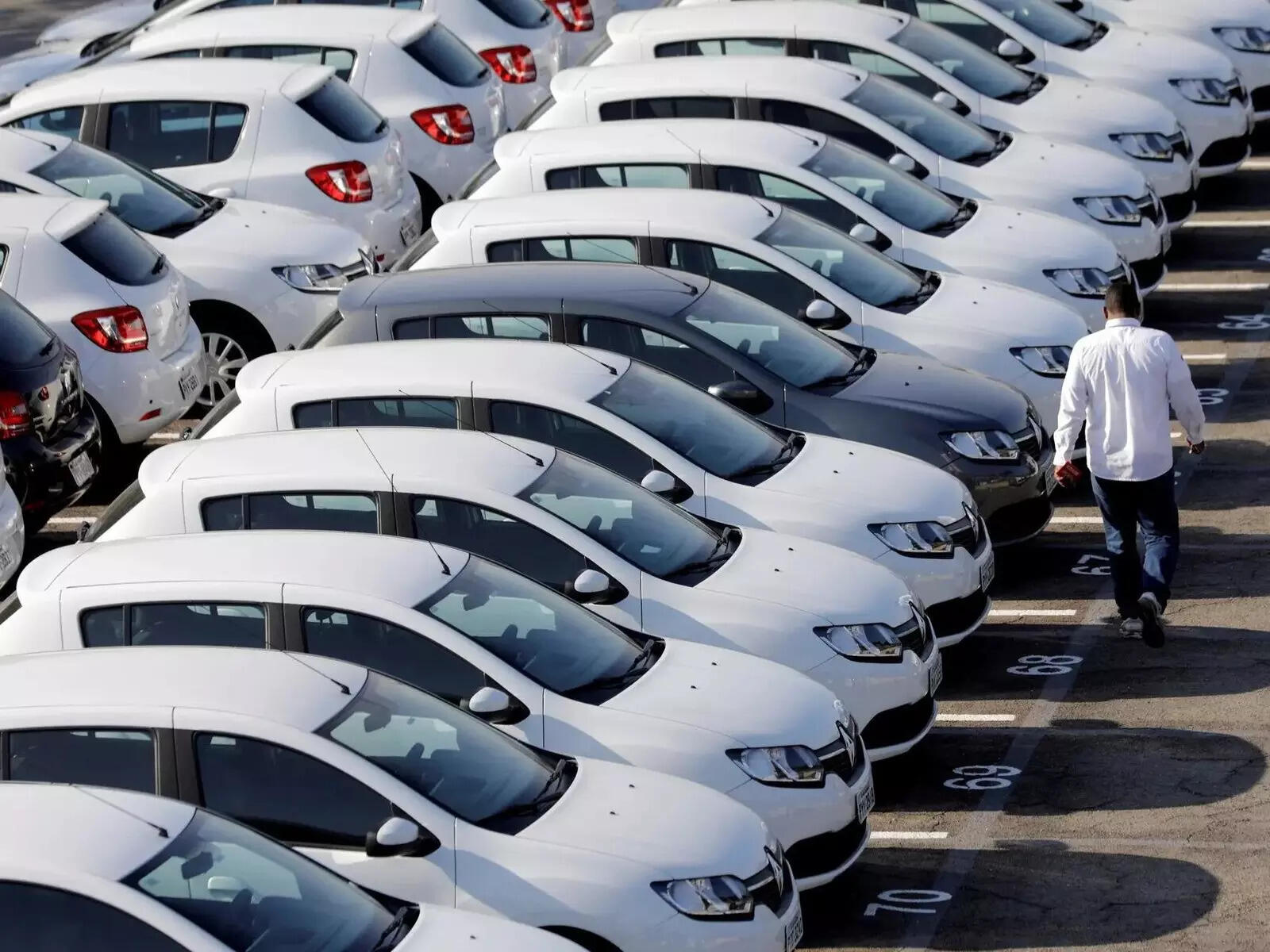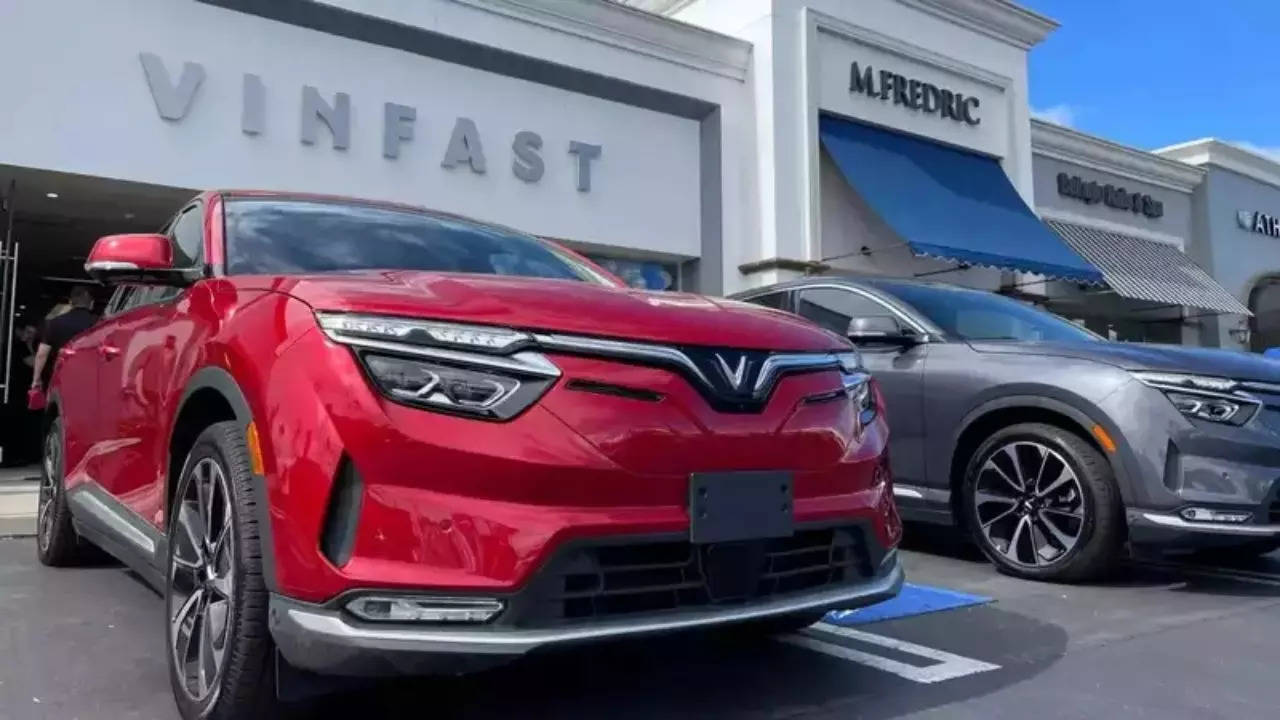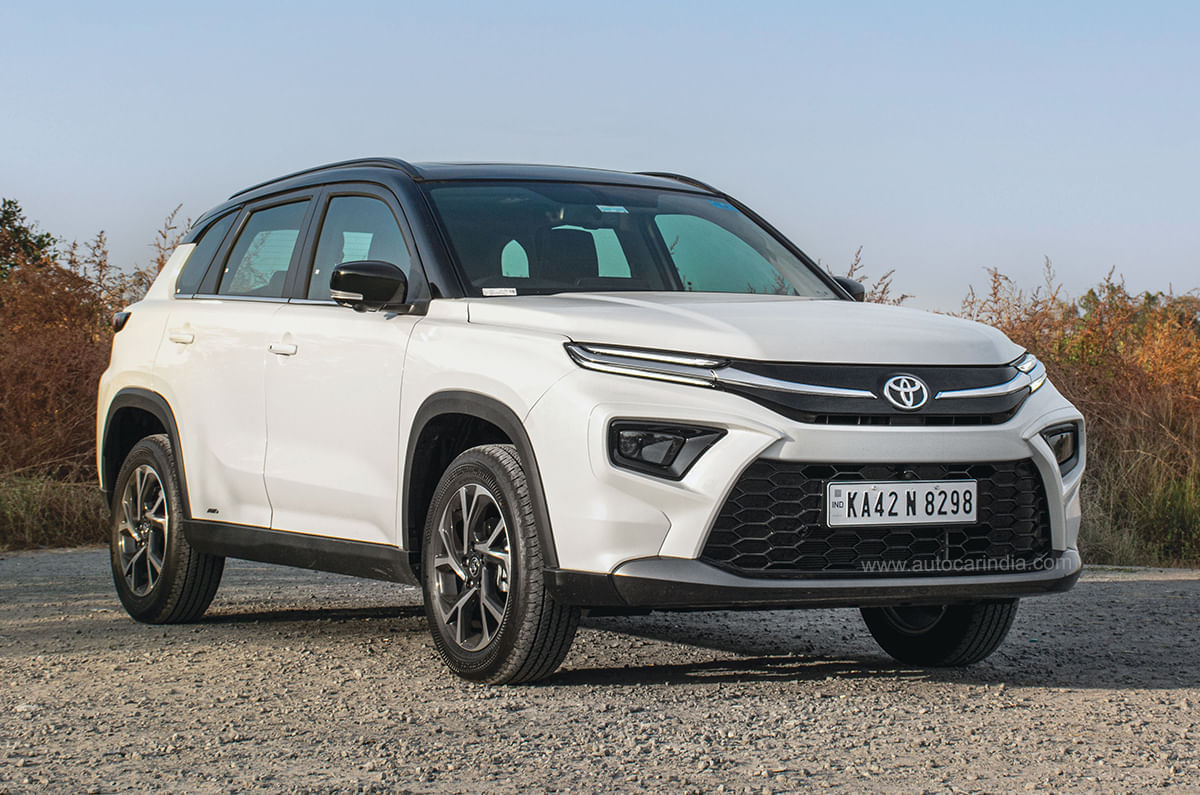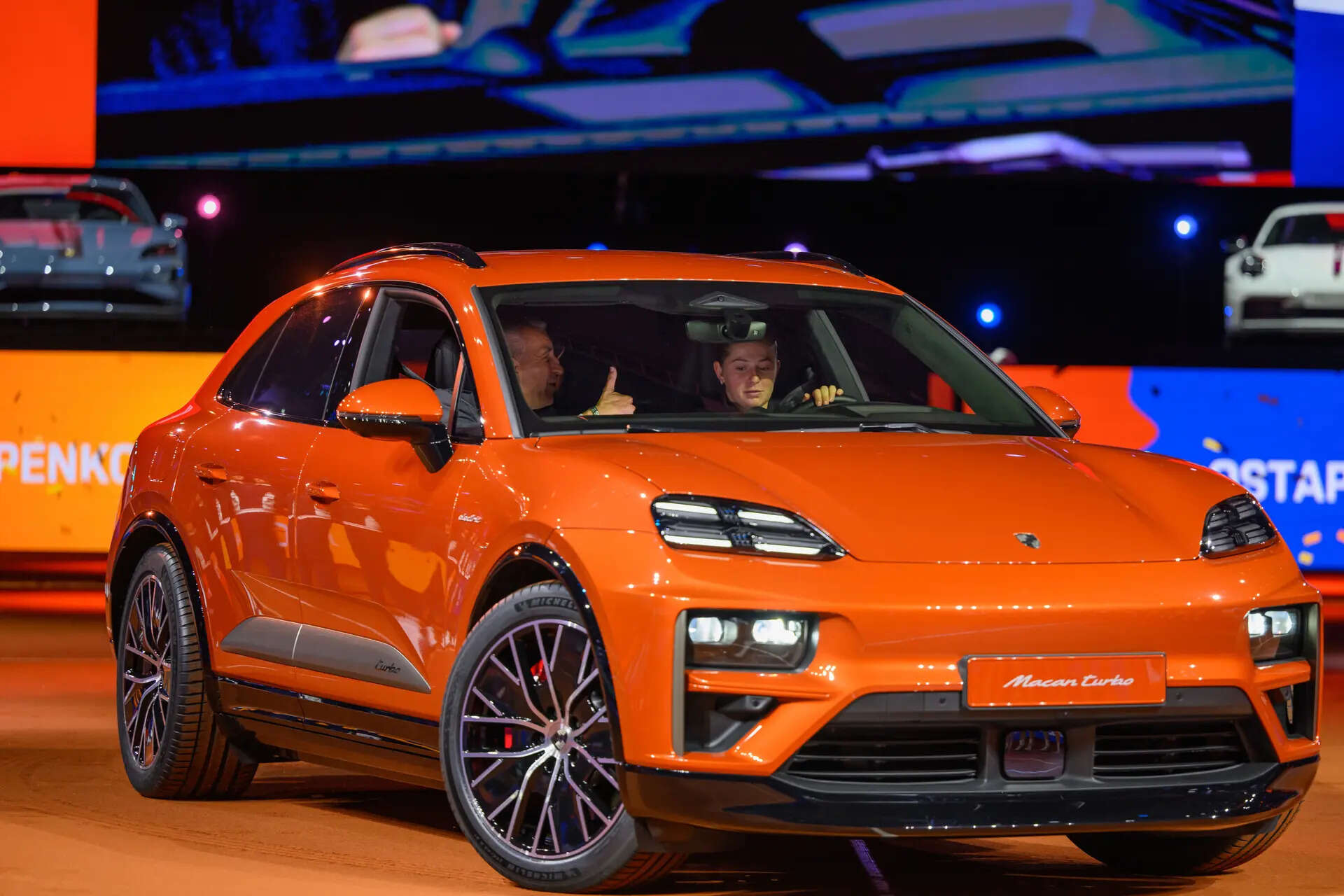 Electrified vehicles – either BEV, HEV or PHEV – sold in the bloc accounted for 59.2per cent of passenger car registrations in March, up from 49.1per cent in the previous year.
Electrified vehicles – either BEV, HEV or PHEV – sold in the bloc accounted for 59.2per cent of passenger car registrations in March, up from 49.1per cent in the previous year.New car sales in Europe rose 2.8per cent in March, boosted by double digit jumps in Britain and Spain, as industry data on Thursday showed that an increase in registrations of electric vehicles in the month offset a fall in those of petrol and diesel cars.
Sales of fully electric cars were up 23.6per cent in the month, data by the European Automobile Manufacturers Association (That) showed.
While battling to bring down high costs in home markets and fighting competition from China, European carmakers are now grappling with the effects of U.S. President Donald Trump’s 25per cent tariffs on auto imports, clouding the outlook for the industry.
Trump’s 145per cent import taxes on Chinese imports – and Beijing’s retaliatory tariffs – have also pushed global growth forecasts lower, confronting automotive companies with new risks.
March sales in the European Union, Britain and the European Free Trade Association (EFTA) rose to 1.42 million cars, after falling for two months, the ACEA data showed.
Registrations at Volkswagen and Renault grew by 10.3per cent and 13.0per cent respectively, while they fell by 5.9per cent at Stellantis.
Tesla’s sales fell for a third month, down 28.2per cent year-on-year, and its share of the total market declined to 2per cent from 2.9per cent a year ago.
In the EU, total car sales fell 0.2per cent year-on-year, declining for a third month even as the registrations of battery electric (BEV), hybrid electric (HEV) and plug-in hybrid (PHEV) cars grew by 17.1%, 23.9per cent and 12.4per cent respectively.
Electrified vehicles – either BEV, HEV or PHEV – sold in the bloc accounted for 59.2per cent of passenger car registrations in March, up from 49.1per cent in the previous year.
Among the largest EU markets, sales in Spain and Italy increased by 23.2per cent and 6.3per cent respectively, while in France and Germany they dropped by 14.5per cent and 3.9%.
In Britain, registrations were up 12.4%.
Market experts say a growing interest in electric cars in Europe, the world’s second-biggest EV market, is largely due to new EU emission targets and the launch of cheaper electric models, although the EU has recently proposed loosening the targets.
























































